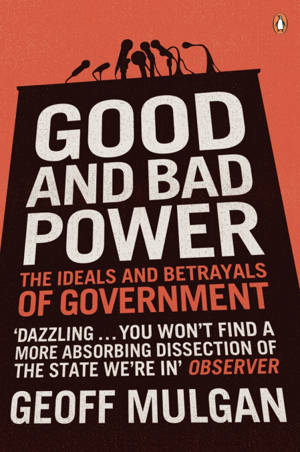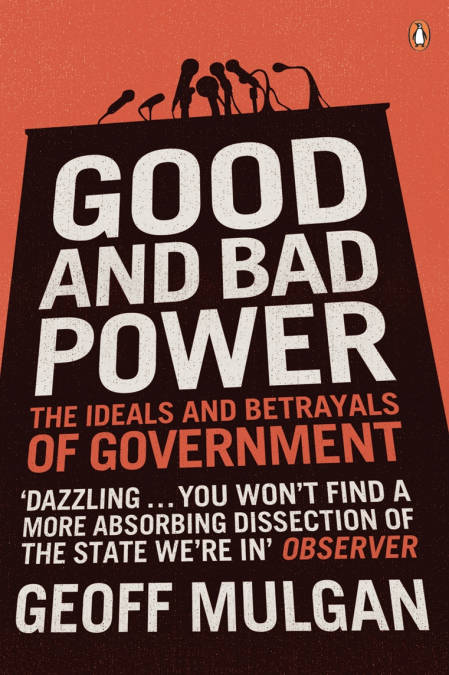
Je cadeautjes zeker op tijd in huis hebben voor de feestdagen? Kom langs in onze winkels en vind het perfecte geschenk!
- Afhalen na 1 uur in een winkel met voorraad
- Gratis thuislevering in België vanaf € 30
- Ruim aanbod met 7 miljoen producten
Je cadeautjes zeker op tijd in huis hebben voor de feestdagen? Kom langs in onze winkels en vind het perfecte geschenk!
- Afhalen na 1 uur in een winkel met voorraad
- Gratis thuislevering in België vanaf € 30
- Ruim aanbod met 7 miljoen producten
Zoeken
€ 10,99
+ 10 punten
Uitvoering
Omschrijving
How can we make the governments on which we depend for our welfare and survival behave like servants rather than masters? This is the oldest question in politics. It has been grappled with, but never satisfactorily answered, for thousands of years. In much of the world states remain oppressive, secretive and violent. It is no surprise that so much recent political theory has been concerned with how to protect people from dangerous states. Yet the only things as bad as states that are too strong are states that are too weak. The old democracies of western Europe and north America have achieved a rough balance between being too strong and too weak, yet still suffer from constant crises of moral purpose. There is a growing trend of anti-politics, manifest in falling turnouts and party membership, and an assumption that politicians represent the worst venality rather than the highest ideals. Something has gone badly wrong in our relationship with power. This book explains why we have arrived at this point, what can be done to change the world, and how the power of governments can be used for good.
Specificaties
Betrokkenen
- Auteur(s):
- Uitgeverij:
Inhoud
- Aantal bladzijden:
- 384
- Taal:
- Engels
Eigenschappen
- Productcode (EAN):
- 9780141902487
- Verschijningsdatum:
- 26/09/2007
- Uitvoering:
- E-book
- Beveiligd met:
- Adobe DRM
- Formaat:
- ePub

Alleen bij Standaard Boekhandel
+ 10 punten op je klantenkaart van Standaard Boekhandel
Beoordelingen
We publiceren alleen reviews die voldoen aan de voorwaarden voor reviews. Bekijk onze voorwaarden voor reviews.









